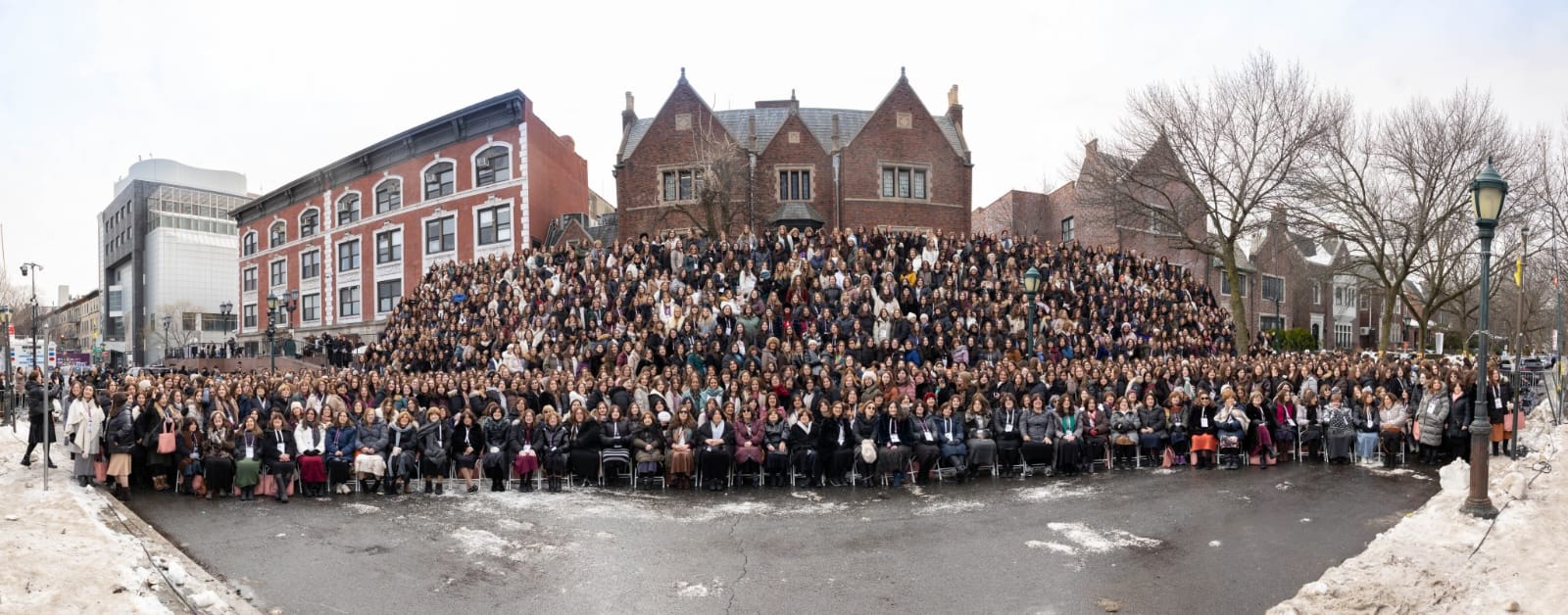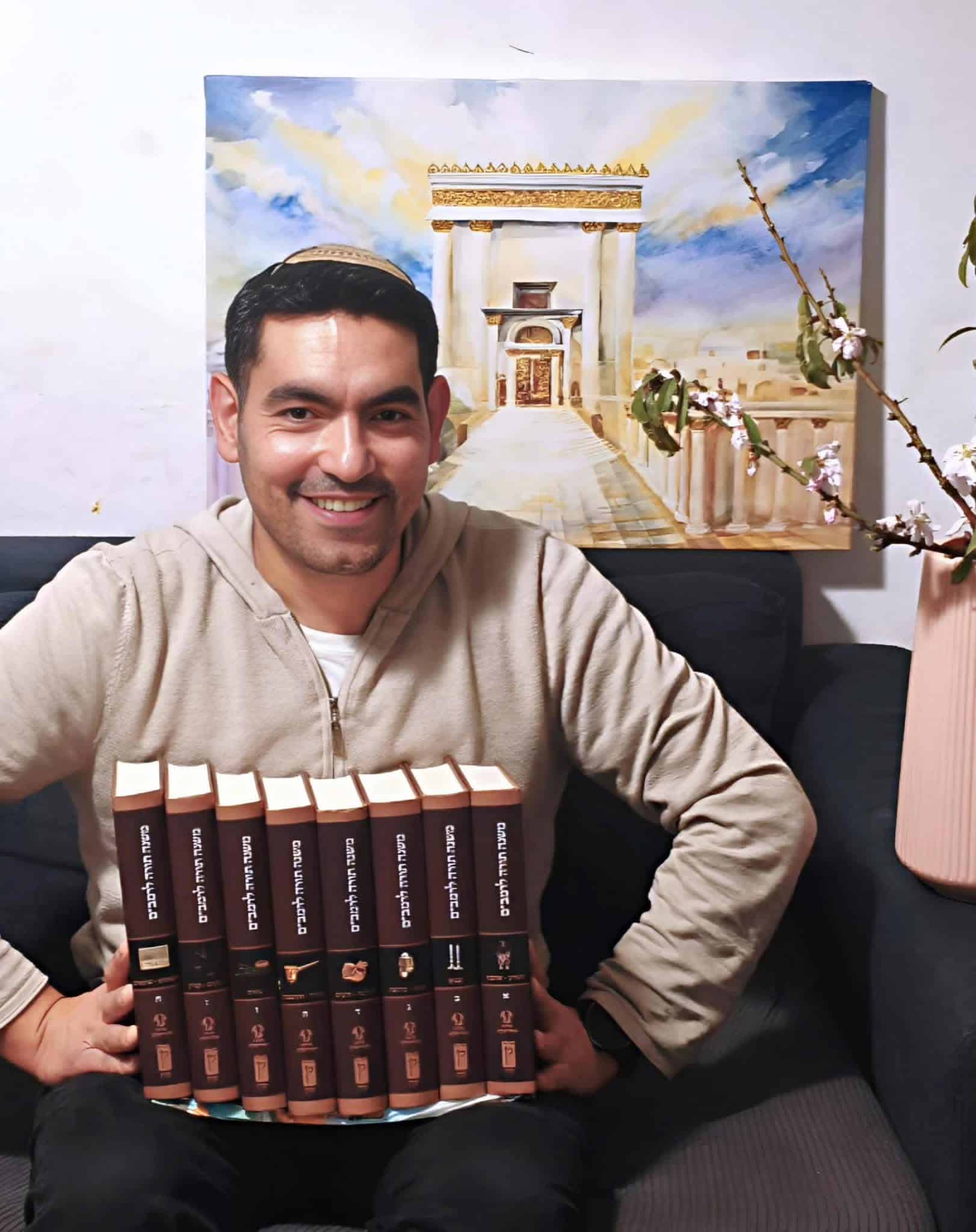* Translated by Janine Muller Sherr
In this week’s parasha, we read a famous proclamation by our patriarch Avraham: “I thought surely there is no fear of God in this place, and they will kill me because of my wife.”
Avraham states directly and openly that that he is afraid that the locals, who had no fear of God, were going to kill him.
Every society is based upon a moral system that it sets up for itself. But will these morals be strong enough to withstand difficult trials, such as the temptations of social status, power, authority, and money?
Human history and personal experience have proven time and again that the answer to that question is no. A moral system dependent upon human beings alone is fragile and feeble. People are apt to change what they define as good and evil, permitted and forbidden, according to what appeals to them at a particular time.And if the opportunity arises and they believe that no one is watching them and they will not be punished for their deeds, they may engage in truly reprehensible acts, such as killing Avraham in order to take his wife.
Rav Avraham Yitzhak HaKohen Kook refers to the limitations of human morality as “a feeble morality.” He writes that only a society founded upon a divine system of morality—the fear of God—will endure. In such a society, people focus on how God would perceive of their actions and not on their own desires or what others might say.
A person who is God-fearing does not bend the rules in order to do as he pleases; he is always cognizant of “an eye that sees and an ear that hears.” He knows that there is an absolute truth and is committed to morals that are eternal— not dependent on him and his limited perspective.
This is the important lesson that Avraham Avinu teaches us in this parasha and what each of us needs to bear in mind even today.
May we merit attaining a genuine fear of God.









